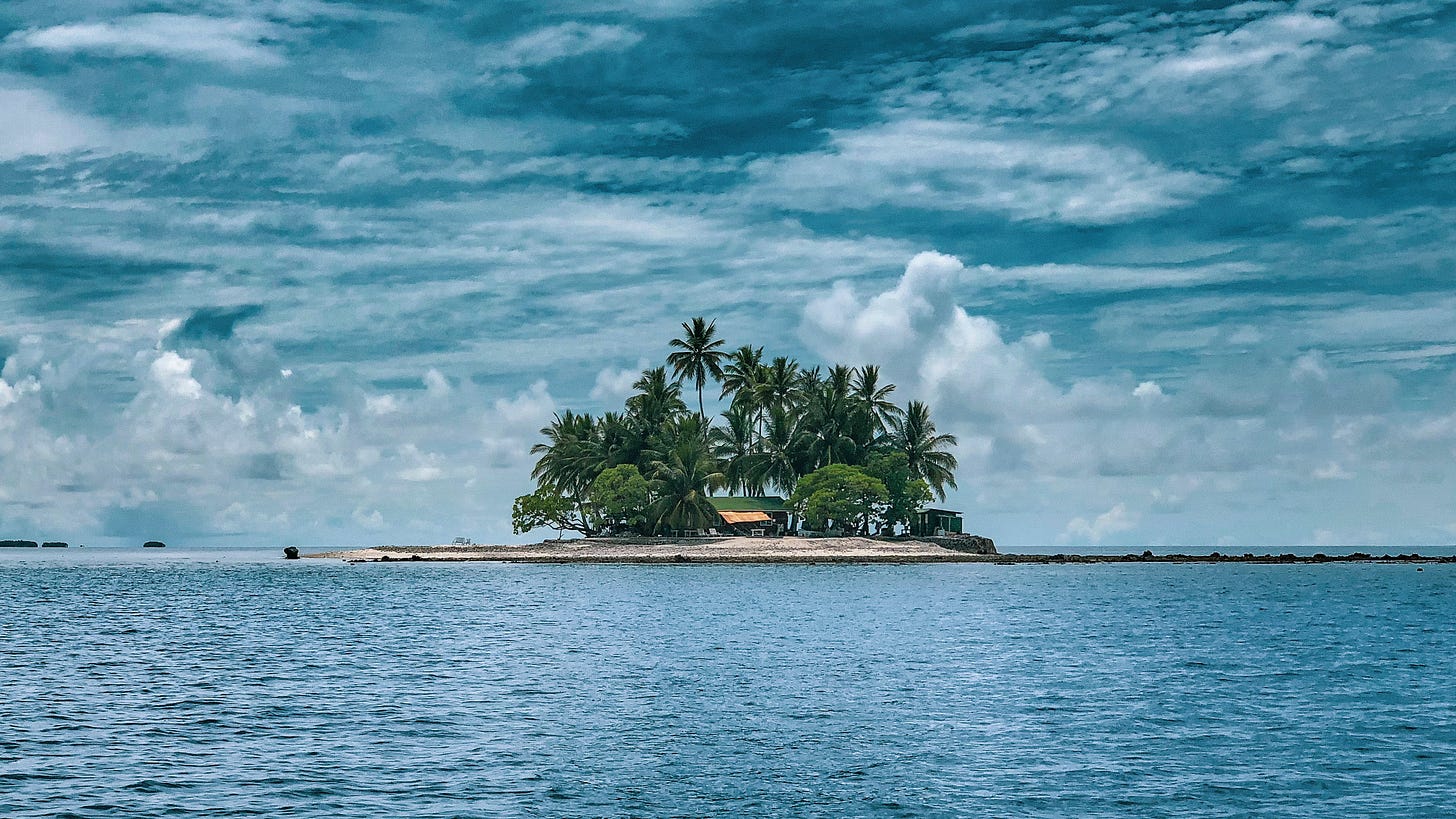We had what I thought was good traction, unique competitive positioning, tech to help us scale, and a strong team. With nearly two years of hindsight, I now know that it’s not that we weren’t good, it’s that we weren’t good enough to raise our Series B.
Current data suggests a seed stage startup has a 2.5% chance of becoming a unicorn which is up from 1% five years ago, but still relatively small. That number gets even lower for startups founded by women and other underrepresented founders who are less likely to receive VC funding at all.
While the chance of becoming a unicorn may be small, the likelihood of raising Seed and Series A capital has increased. Not only are there a lot more startups being funded, but the amount of capital per round is increasing. It’s not uncommon for a Series A startup to have raised over $20M.
The good news is that $20M allows a founder to build a solid product and gain traction with customers. The VC community is creating an ecosystem of products that have value to customers even if they never become a unicorn.
When you look at deal volume by stage you can see that it drops drastically after a Series A. There’s a natural culling that takes place as growth stage VC place very large bets on a drastically smaller number of companies.
So what is happening to all those startups who don’t make it to the next stage?
The answer is a lot of them run out of cash and wind down, some of them become “Walking Dead”, and some choose to find a new path.
My startup faced immediate failure due to an unforeseen event, but ultimately we were running unprofitably, focusing on growth, and couldn’t raise equity to keep going. We spent over two years trying to convince an institutional investor to believe in us. In the end, we had to quickly cut ourselves to profitability and focus on preserving the revenue we did have to pay back our lenders.
I joined Stage as a GP specifically to invest in good companies that are failing to raise a Series B because I wish a fund like this had existed when I was raising. Instead of effectively shutting down, I would have welcomed the opportunity to take what I had built and pivot into a sustainable company, that could have gotten a better outcome, like an exit. Not the “buy-my-own-island” exit I hoped for, but honestly I would have been thrilled with a “pay-off-my-mortgage” exit.

Stage is a control VC. We stand shoulder to shoulder and invest capital and time with founders who are facing a difficult choice and want to live to fight another day even if it’s in a different ring. Moving off the VC path isn’t easy. It involves a lot of difficult conversations, painful self-reflection, and you take a hit to your founder pride. But it can be worth it. Waking up every day and not worrying about fundraising, your growth metrics, and your next board meeting has real advantages.
I am a founder and completely understand pursuing the dream of building a unicorn. I think that’s where you start and I wouldn’t take back any of it for anything. But when you look at the data on likelihood of succeeding, I firmly believe we need to make it ok if that’s not where you end and that creating a healthy, albeit not venture-backed, company is still a success. The missing link is a fund[‘s] that supports that model and it’s why I love being a GP with Stage.



